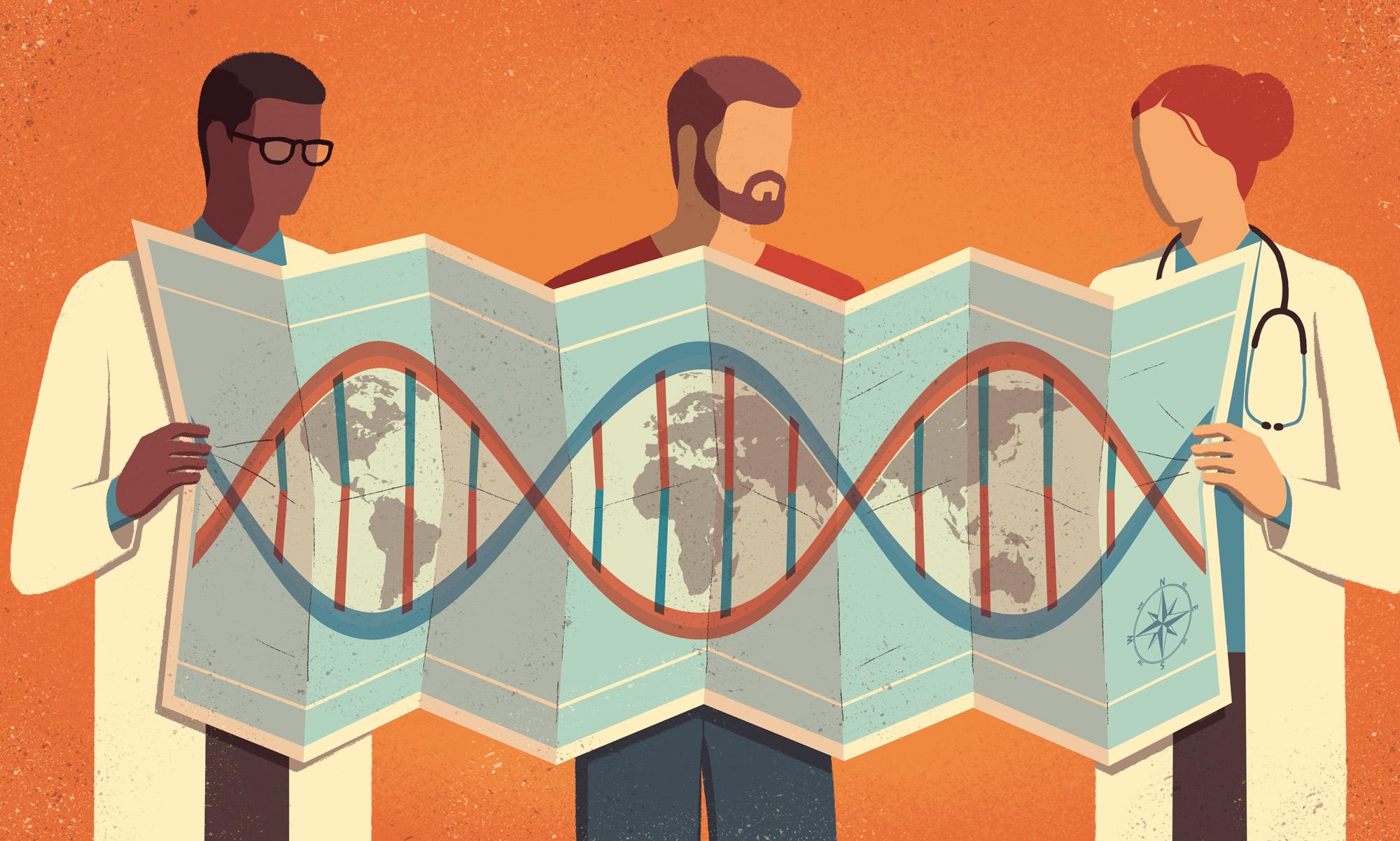At times scientific development feels as if it’s hurtling along, with the rapid growth of technology allowing the science community to reach new heights that may have been unheard of only a few years ago. The manipulation of genes within embryos is not a new development, with research being undertaken on the embryos of fish for years, but it is always a much more controversial issue when animal embryos are replaced by that of humans.
For the first time, human embryos have been edited by the Francis Crick Institute in London, in an effort to understand more about fundamental biology. With the intention of uncovering a possible cause of miscarriage during the development of a foetus, the institute’s published paper quotes their desire to investigate gene function in the context of human development, and it has subsequently re-opened a long running debate.
The ethical issues surrounding research being undertaken on human embryos normally turns to concerns of designer babies and the moral dilemma of whether scientists should experiment on our own DNA. Currently in the United Kingdom it is not legal to manipulate the genetics of a human embryo and then let it come to term, so there was never any possibility of the Crick Institute having crafted a modified human being, it was a purely research-based study.
Furthermore, the issue of designer babies is one that is so far out of our reach, that it is not even worth worrying over yet –– it would not be as simple as selecting a handful of genes to make a baby have blonde hair and blue eyes, then mixing it together. Genetic altering is entirely complicated, and modern science has yet to fully uncover exactly how to modify embryos with much success.
It can be easy to get caught up in the moral issues of a controversial situation, especially living in a society willing to passionately fight on opposing sides without always considering the bigger picture. There is always a danger of doing more damage –– in 2015, a team in China removed genes while looking to correct defects that led to blood disorders, and in doing so led to other parts of the genetic code mutating–– but that can be said for so many revolutionary things that have changed the world.
If the scientific community were able to unlock the causes of numerous devastating genetic issues, from miscarriages to cystic fibrosis, thousands upon thousands of people could live without suffering. At the end of the day, it is easy to consider the statistics and all of the scary consequences that may not even be realised, but the stats represent actual people. People living everyday with diseases that can drastically lessen their quality of life or prove fatal, might in the near future be the last to have to suffer so horribly. Doing something new is always terrifying, and maybe in two hundred years society will look back and question our willingness to meddle with our own genes, but for the time being, if we can do this and help thousands of people, why shouldn’t we?
Elise Middleton
(Image courtesy of TEd)

